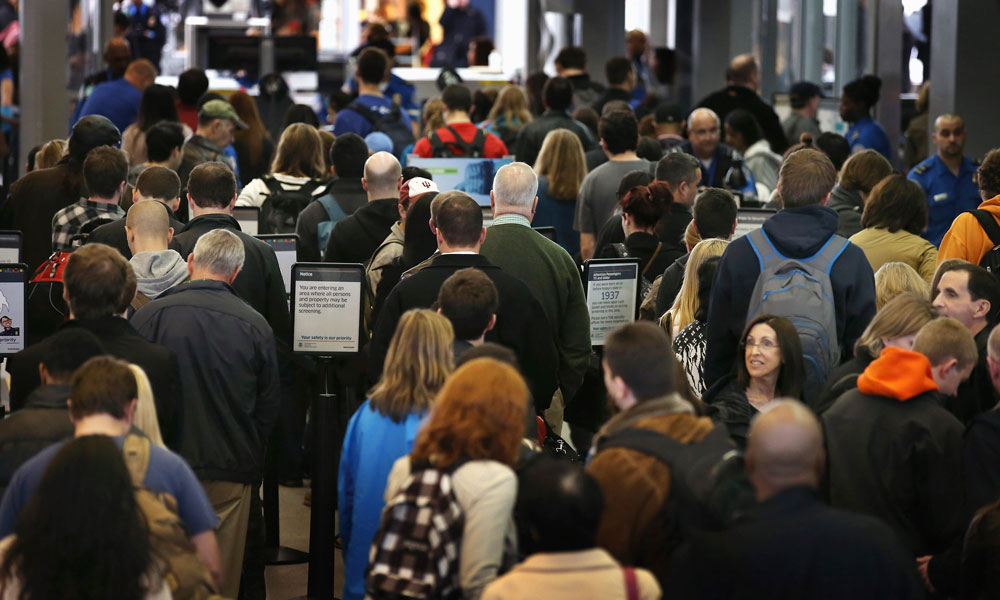
Corporate Travel Buyers Say New TSA Rules Really, Really Confusing
In a recent email survey of its members, the Association of Corporate Travel Executives found that corporate travel buyers found the Transportation Security Administration's recent travel restrictions lacking in clarity.
In a recent email survey of its members, the Association of Corporate Travel Executives found that corporate travel buyers thought the Transportation Security Administration’s recent restriction on uncharged devices left lots of questions unanswered.
If you spotted a recent story about some new Transportation Security Administration rules involving uncharged devices at international airports and scratched your head, that’s understandable. A lot of people felt that way.
A Cheapflights study conducted last week found that just 39.5 percent of respondents knew about the rules, while 47 percent found the new provisions unclear—a big problem, considering the rules could lead to confiscation of uncharged devices for travelers entering the U.S. from an international airport.
Travel Pros Confused Too
Now, that’s bad enough—and could be a big headache for travelers down the road. But what’s worse is that even the people who do this corporate travel stuff for a living found the announcement really confusing. That’s what an email study by the Association of Corporate Travel Executives found.
“Overall feelings are the U.S. TSA did a poor job in communicating the new restrictions and we are now seeing different interpretations from airlines,” ACTE Executive Director Greeley Koch told Skift.
Part of the problem, according to the survey, is that private data could be at risk. That is a concern expressed by 68 percent of the 156 U.S.-based travel managers and 57 percent of the 88 Europe-based travel managers who participated in the study.
While nearly all of ACTE’s members say their travelers have yet to run into problems caused by the rule change, the situation raises other concerns—mainly, that there aren’t enough places to charge devices in airports. Ninety percent of U.S. respondents and 94 percent of European respondents complained about a lack of charging stations.
A Pledge to Assist
ACTE says TSA’s messages about the rule may have been vague for a reason—say, to avoid tipping off a potential terrorist. But Koch said TSA announcements shouldn’t leave unanswered important questions about how travelers’ personal property would be handled if confiscated.
“Providing the public with snippets of information will not be perceived as helpful,” Koch said in a statement. “The Association of Corporate Travel Executives stands ready to work with the TSA in communicating with the business traveler.”
(iStock/Thinkstock)






Comments